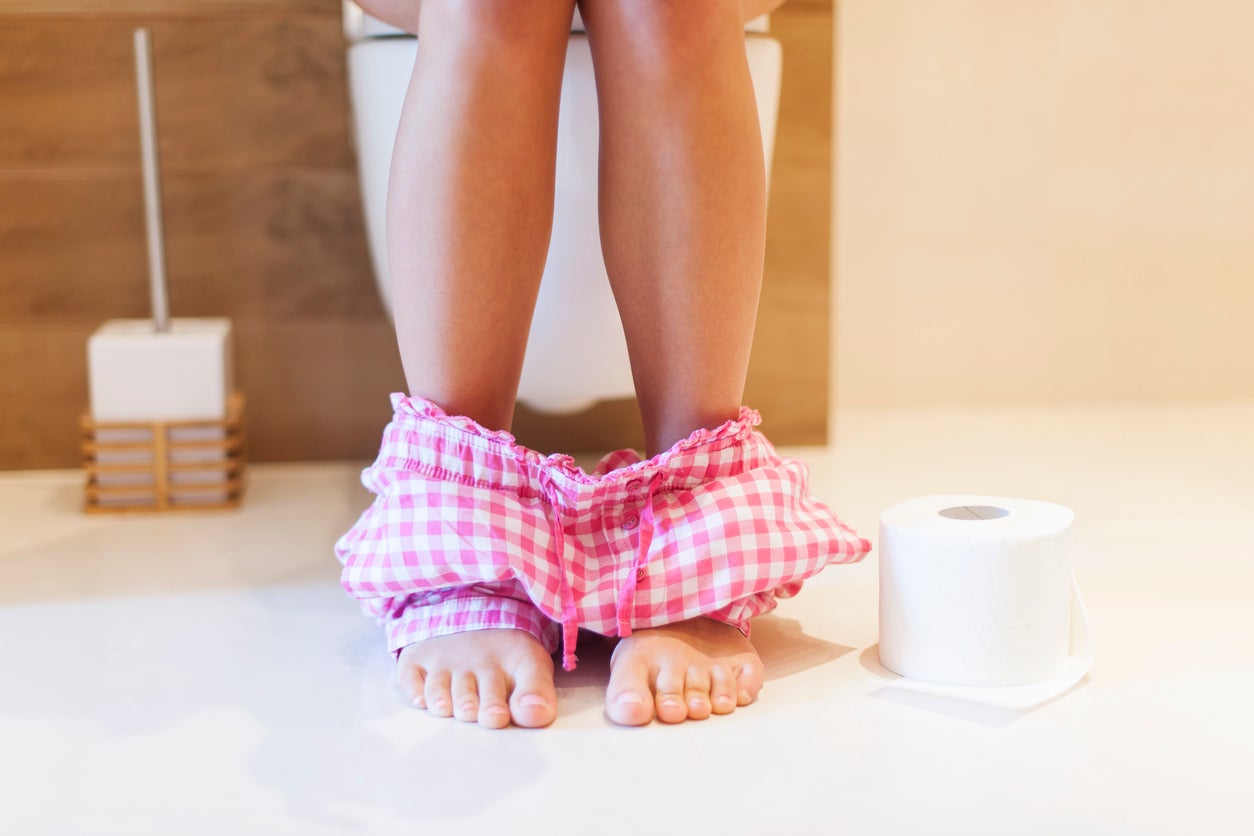People spend more time on the toilet each week than exercising, finds study
But social media can be a motivating factor

Your support helps us to tell the story
From reproductive rights to climate change to Big Tech, The Independent is on the ground when the story is developing. Whether it's investigating the financials of Elon Musk's pro-Trump PAC or producing our latest documentary, 'The A Word', which shines a light on the American women fighting for reproductive rights, we know how important it is to parse out the facts from the messaging.
At such a critical moment in US history, we need reporters on the ground. Your donation allows us to keep sending journalists to speak to both sides of the story.
The Independent is trusted by Americans across the entire political spectrum. And unlike many other quality news outlets, we choose not to lock Americans out of our reporting and analysis with paywalls. We believe quality journalism should be available to everyone, paid for by those who can afford it.
Your support makes all the difference.Brits spend twice as long on the toilet each week as they spend exercising, according to a new poll.
Incredibly, the average British adult whiles away three hours and nine minutes sitting on their loo every week, but just 90 minutes exercising.
In fact, 26 per cent of people are active for 30 minutes or less every seven days.
This is far below the NHS guidelines of 150 minutes of moderate intensity exercise - such as swimming, cycling or brisk walking - per week.
It was also found that 12 per cent of people don’t know how much exercise they should be doing to stay healthy.
And with our sedentary lifestyles, it’s perhaps no surprise that 64 per cent of Brits spend at least six hours a day sitting down.
The statistics come from a poll of 2,000 adults carried out by not-for-profit body UKactive.
The survey also revealed that the most common reasons people have for not exercising are busy working lives (a problem for 20 per cent of Brits), followed by family commitments (cited by 18 per cent of women and 12 per cent of men).
However, despite the backlash to #fitspo, social media acts as a motivator for young people to get moving - it has less of an effect on older generations though.
41 per cent of 18-24 year olds say seeing friends, celebrities and influencers posting exercise videos and pictures on Instagram has a positive effect on their motivation to exercise, but this drops to 28 per cent across all age groups.
Steven Ward, chief executive of UKactive, said: “Humans are made to move, but modern living has stripped physical activity out of our lives to the point where we pass more time spending a penny than we do getting sweaty.
“The major health concern here is our lack of exercise, but things like poor diet, lack of exertion and our tendency to play on smartphones in the bathroom are all other factors that are driving this inbalance.”
According to UKactive, a lack of exercise causes 37,000 deaths each year and costs the UK £20 billion.
Professor Sir Muir Gray, chief knowledge officer to the NHS, said: “Physical inactivity is society’s silent killer and even short bouts of being sedentary can lead to deadly diseases.
“People often think exercise is only for young people, but older adults are the people who stand to gain most from the mental, social and physical benefits of being active.”
Join our commenting forum
Join thought-provoking conversations, follow other Independent readers and see their replies
Comments